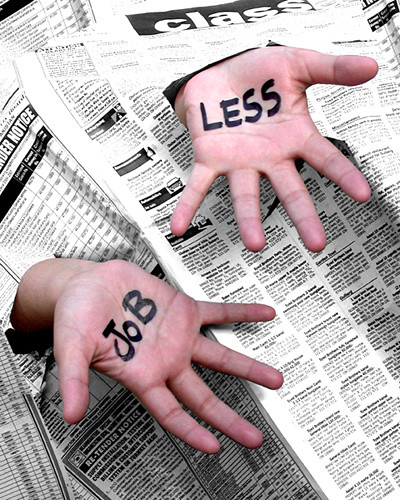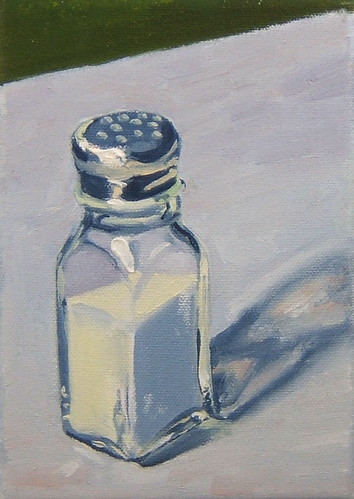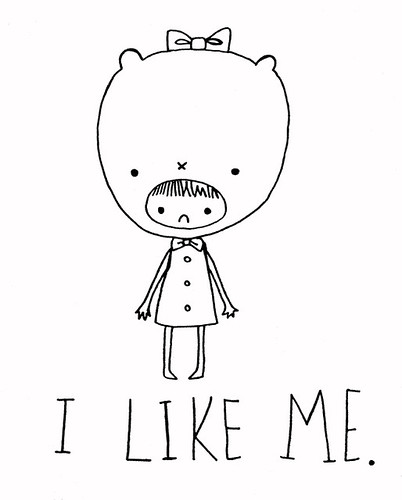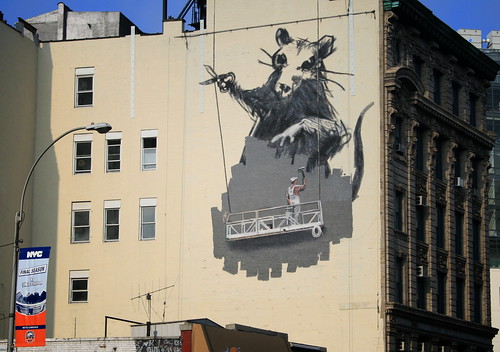Do positive expectations and fantasies help you achieve goals?
sitive expectations do. Positive fantasies don't: Two forms of thinking about the future are distinguished: expectations versus fantasies. Positive expectations (judging a desired future as likely) predicted high effort and successful performance, but the reverse was true for positive fantasies (experiencing one's thoughts and mental images about a desired future positively). Participants were graduates looking for a job (Study 1), students with a crush on a peer of the opposite sex (Study 2), undergraduates anticipating an exam (Study 3), and…
2 minutes
Can escalators make you a better person?
ny challenges of society involve getting people to act prosocially in ways that are costly for self-interests but beneficial to the greater good. The authors in four studies examined the novel hypothesis that elevating (vertical) height promotes prosocial actions. In Study 1, shoppers riding up (vs. down) escalators contributed more often to charity. In Study 2, participants sitting higher (vs. lower) helped another longer, while in Study 3 participants sitting higher (vs. lower) were more compassionate. In Study 4, watching…
1 min read
Can teddy bears help us cope with rejection?
ere is little empirical research to date that looks at how the deleterious effects of social exclusion can be mitigated. We examined how touching an inanimate object—a teddy bear—might impact the effect of social exclusion on prosocial behavior. Across two studies, we found that socially excluded individuals who touched a teddy bear acted more prosocially as compared to socially excluded individuals who just viewed the teddy bear from a distance. This effect was only observed for socially excluded participants and…
1 min read
Being Ethical Can Hurt Your Income
is paper empirically investigates the link between ethics, earnings and gender. Using a self-reported measure from a longitudinal survey of registrants for the Graduate Management Admissions Test, we find that ethical character is negatively associated with males’ wages. For females, however, this relationship doesn’t hold. In addition, using measures of the degree to which ethics is emphasized in business school curricula as an indicator for enhancement of individual ethical standards of graduates, we investigate variation in the returns to an…
1 min read
Can unemployment kill you?
a Eurekalert: Research by McGill Sociology Professor Eran Shor, working in collaboration with researchers from Stony Brook University, has revealed that unemployment increases the risk of premature mortality by 63 per cent. Shor reached these conclusions by surveying existing research covering 20 million people in 15 (mainly western) countries, over the last 40 years. One surprising finding was that, in spite of expectations that a better health-care system might contribute to lower mortality rates, the correlation between unemployment and a…
1 min read
How To Reduce Social Anxiety (In The Tastiest Way Possible)
t salt. Via Science Daily: All those salty snacks available at the local tavern might be doing more than increasing your thirst: They could also play a role in suppressing social anxiety. New research from the University of Cincinnati (UC) shows that elevated levels of sodium blunt the body's natural responses to stress by inhibiting stress hormones that would otherwise be activated in stressful situations. These hormones are located along the hypothalamic-pituitary-adrenal (HPA) axis, which controls reactions to stress. Join…
1 min read
Here’s How Your Self-Esteem Affects Your Salary
cent research in economics suggests a positive association between self-esteem and earnings. Using the National Longitudinal Survey of Youth (NLSY), which administered the Rosenberg Self-Esteem Scale during its 1980 and 1987 interviews, I provide further evidence for the existence of a self-esteem premium by exploiting variation in these measures between the two years. I show that self-esteem in 1980 has a sizeable impact on wages 8 years later, controlling for a wide set of individual characteristics and addressing problems of…
1 min read
When faced with moral dilemmas, do we do what is ethically right or what is mentally easy?
e literature on how people solve moral dilemmas often focuses on situations in which individuals have to make a decision where different moral rules are in conflict. In some of these situations, such as in footbridge dilemmas, people have to choose between sacrificing a few people in order to save many. The present research focuses on how people decide what to do in dilemmas involving conflicting moral rules. We propose that the rule that is cognitively most accessible during the…
1 min read








